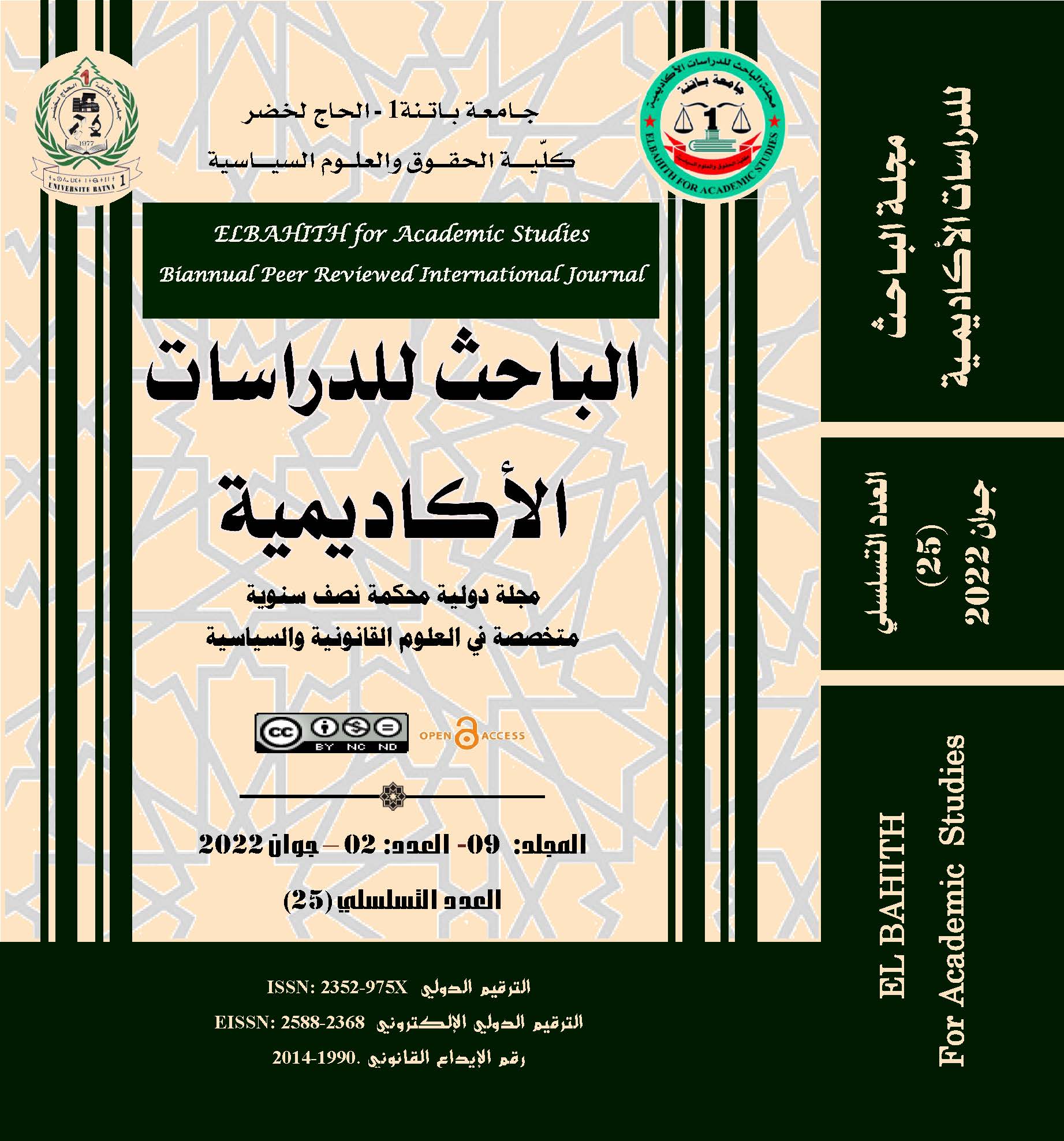Quotation and marginalization in scientific research and their role in achieving honesty and preventing scientific theft
DOI:
https://doi.org/10.59791/efas.v9i2.1380Keywords:
citation and documentation, margin, intellectual property, scientific honesty, theftAbstract
One of the fundamental and important issues in preparing scientific research is the adherence to the rules of attribution and documentation and the proper use of margins, regardless of the type of research and specialization to which the researcher belongs. Because the degree of reliability of the research is measured by the quality and number of sources and references that were actually relied upon, and by their modernity and development in view of the subject.
Violation of the principles of integrity and academic honesty, with intent or in good faith, is a more serious moral crime than cheating in exams. Because it contains falsification of facts and a violation of the intellectual and moral property rights of others, and this exposes the perpetrator to disciplinary and penal sanctions.
Resolution No. 1082 of December 27, 2020, which defines the rules related to the prevention and control of scientific theft, set out the penalties for every behavior of a researcher that constitutes scientific theft in the context of this resolution.
Downloads
Published
How to Cite
Issue
Section
License

This work is licensed under a Creative Commons Attribution-NonCommercial-NoDerivatives 4.0 International License.





